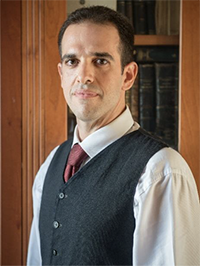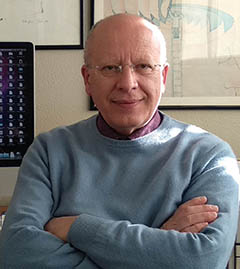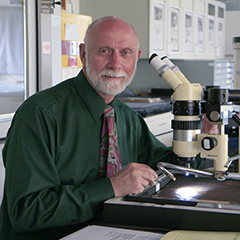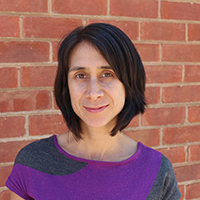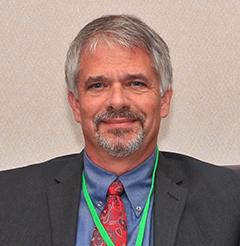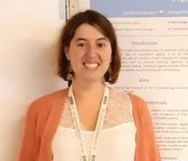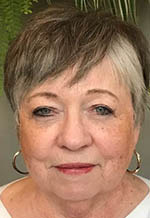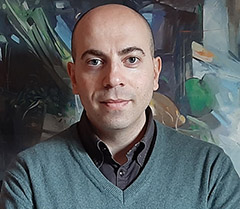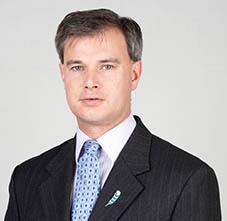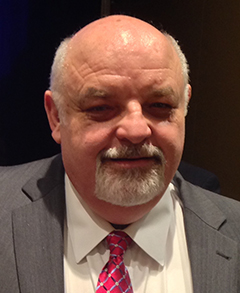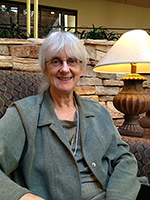![]()
The Journal of Forensic Document Examination (JFDE) is the official publication of the Association of Forensic Document Examiners (AFDE). It is a peer-reviewed journal that publishes research papers, case studies, technical articles and book reviews pertinent to the field of document examination. AFDE is not responsible as a body, nor are the editors of the JFDE individually or as a group, for the statements and opinions advanced in this publication.
